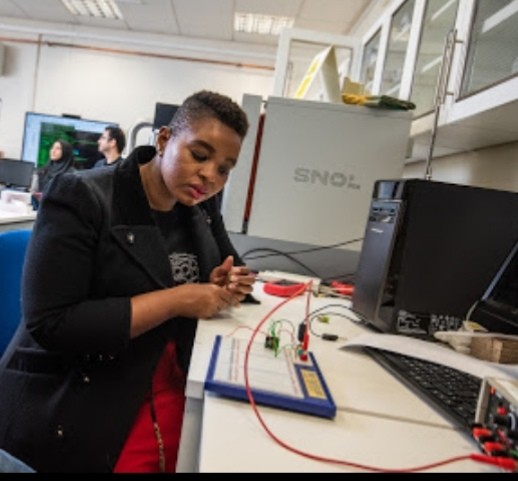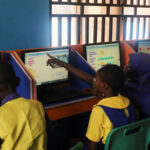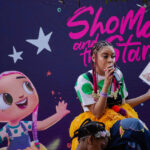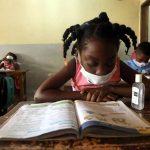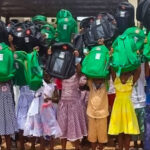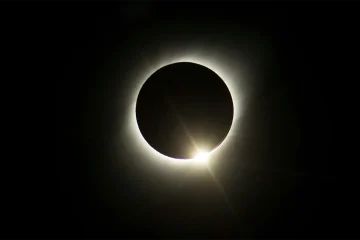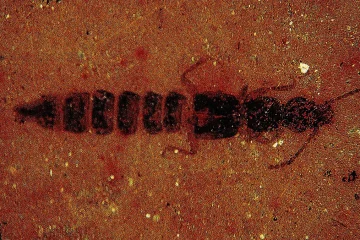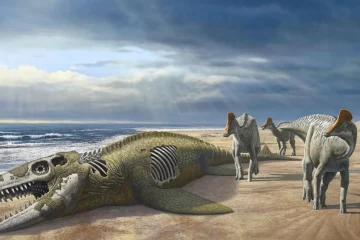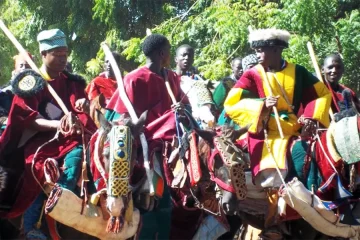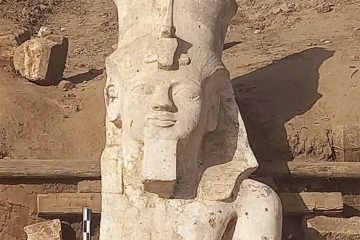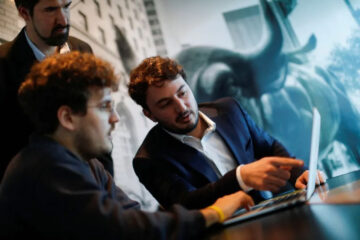OWN CORRESPONDENT
ON APRIL 26, 2002 Senamile Masango’s heart broke into a million pieces.
As South Africa and the rest of Africa celebrated the historic achievement of Mark Shuttleworth as the first African in space, Masango was more than sad.
She had fallen in love with science at high school and her dream was to become an astronaut as well as to make history by becoming the first African to land in space.
Masango’s journey to science excellence began at Mlokothwa High School, in Vryheid, KwaZulu-Natal, South Africa, when her high school geography teacher introduced her to astronauts. Today, the 33-year-old is a nuclear scientist who recently completed her Master’s degree in Nuclear Physics cum laude. She is currently studying towards her Ph.D.
“When my teacher explained astronauts to us, it was fascinating to learn that there are people who can leave this dimension and go to the moon. When I learned that no one in Africa had ever traveled into space, that is when I fell in love with science. I wanted to create history and be the first to travel to space and was so hurt when Mark Shuttleworth beat me to it,” she says.
She explained that she is happy for Shuttleworth and remains hopeful that one day she will meet him and congratulate him on his achievements.
Masango may have missed out on being the first African to travel to space, but she made her own history by being the first African woman to conduct an experiment at one of the largest centres for scientific research, the European Organisation for Nuclear Research (CERN) in Switzerland.
She explains that this opportunity of a lifetime came about in 2012 when her supervisor, Professor Nico Orce successfully proposed an experiment at CERN. This was to be led by the University of the Western Cape and Masango was the only woman in the team.
“This was a life-changing experience for me as it is every scientist’s dream to go to CERN. The competition for spaces is too high and everyone from Professors to Doctors want to go there. To be there makes one hungry for knowledge and success and it remains one of my greatest achievements. I learned a lot there,” she says.
Masango’s journey to academic excellence was not an easy one. While doing her undergraduate studies at the University of Zululand, she failed some of her modules and also got pregnant. After giving birth, she continued with her studies and completed her degree.
“I knew that it was not the end of the world and I had to pick myself up, accept my failure, and learn from it. My family also supported me and this helped me pull through,” she said, adding that her academic success was partly due to her father who planted the seeds of education in her.
As if that was not enough, a few years later, her daughter died after being struck by a car on her way back from school. This, she says, was the most painful thing she has ever been through.
“It was her first day at a new school. She left in the morning and never came back. What kept me going was my faith in God. He has greater plans for my life and I know that he can never give me what I cannot handle.”
She adds that another struggle was the colour of her skin and gender, which she says is the greatest challenge in her field.
“The 25 years of freedom have not removed barriers to young women advancing in the science technology, engineering, and mathematics fields. No one believes in you and you constantly need to prove yourself first that you can do the job and belong here. It’s worse when you are black. What works for me is that I have a never-say-die spirit and want to break barriers.”
A committed advocate for women participation in science technology, engineering, and mathematics, Masango contends that the challenges she faced made her strong and taught her the importance of focusing on growing her seed than negativity as it takes energy away and is the greatest obstacle to success. This, she explains, is the lesson that she teaches a young woman who wants to pursue a career in the sciences.
“Young people need to be taught from a young age that there is no easy way in life and the road to success is never easy. There will always be obstacles but with determination and hard work, these can be overcome.”
“The world needs fearless women like myself who can avail themselves and serve as mentors for young women because having a mentor early on can help them build confidence,” she says.
In 2014, Masango launched the Women in Science and Engineering in Africa (WISE Africa), an non-governmental organisation that is registered with the Department of Social Development. She explains that for her, WISE Africa is a step towards the fulfillment of one of her greatest passions: changing the lives of youth in disadvantaged backgrounds and encouraging more black researchers in scarce skills.
“WISE Africa is a vehicle to change the lives of young people by providing leadership, role models and encouragement for them to pursue a career in the fields of science and technology. It also profiles women scientists and engineers, lobbies for their advancement and also highlight and address the challenges they face. It further increases the scientific productivity and efficiency of women scientists in the third world by conducting surveys and analyzing the status of women,” she explains. – Women in Science.

